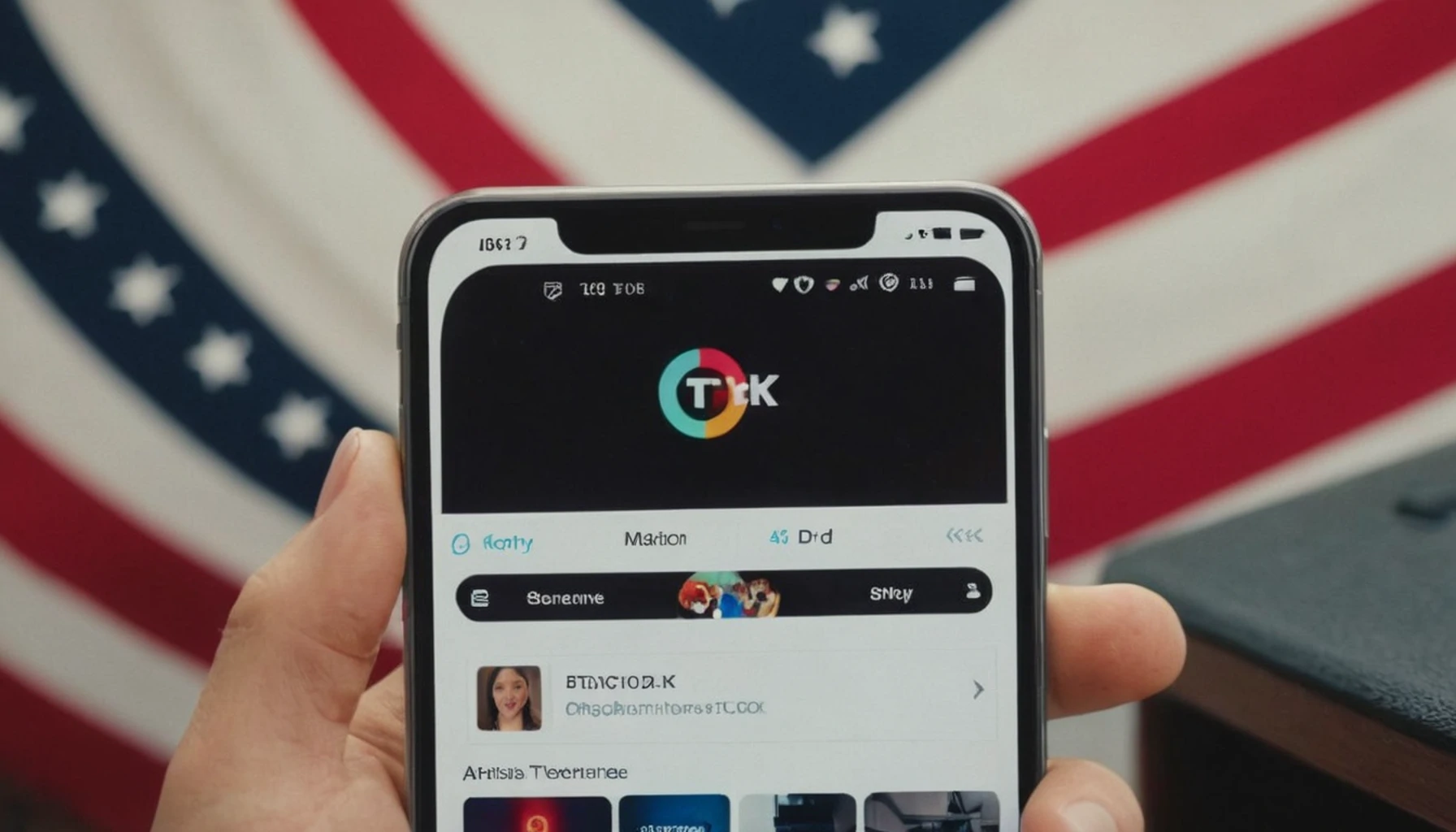
TikTok US Legislation: Implications for National Security and ByteDance, National Security Concerns
March 14, 2024
The US House of Representatives has recently passed legislation that could potentially lead to a nationwide ban on TikTok, the popular social media app owned by Chinese company ByteDance. This legislation has sparked concerns about national security, the role of ByteDance, and the potential impact on TikTok's US operations.
National Security Concerns
One of the primary concerns driving the legislation is the potential for TikTok to pose a national security risk. Lawmakers have expressed concerns that TikTok's Chinese ownership could allow the Chinese government to access sensitive user data or spread propaganda. The legislation aims to address these concerns by requiring ByteDance to sell TikTok to a US company or face a ban.

ByteDance's Role
ByteDance, the Chinese company that owns TikTok, has been a central figure in the debate over the legislation. The company has maintained that TikTok operates independently of the Chinese government and that user data is stored securely. However, the legislation raises questions about ByteDance's ability to maintain control of TikTok if it is forced to sell the app to a US company.

Potential Impact on TikTok's US Operations
If the legislation is passed by the Senate and signed into law, it could have a significant impact on TikTok's US operations. The app could be forced to shut down or sell to a US company, which could disrupt its user base and advertising revenue. The legislation could also set a precedent for further restrictions on Chinese companies operating in the US.

The TikTok US legislation is a complex and controversial issue with implications for national security, the role of Chinese companies in the US, and the future of TikTok's US operations. As the legislation moves to the Senate, it will be important to carefully consider these implications and find a solution that balances national security concerns with the rights of US users.



